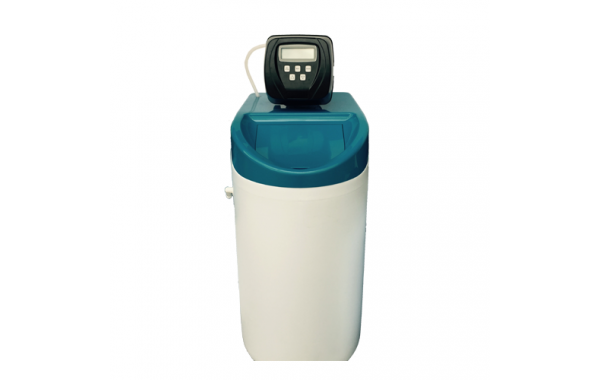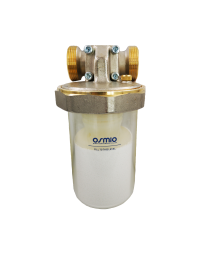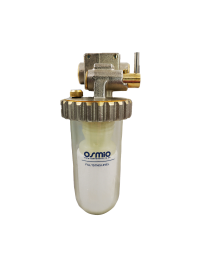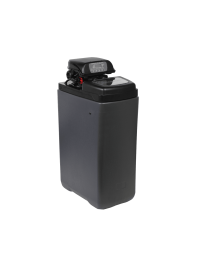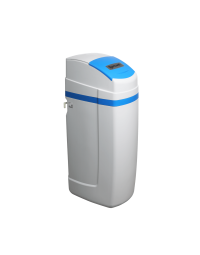The Benefits of Water Softeners
Water softeners are an important investment for any homeowner or business owner looking to improve the quality of their water. Hard water can cause a range of issues, from dry skin and hair to limescale buildup in pipes and appliances. In this blog post, we will explore the benefits of water softeners, how they work, and why they are a valuable addition to any property.
What is a Water Softener?
A water softener is a device that removes minerals from water, such as calcium and magnesium, which cause water to be "hard." Hard water is problematic because it can leave mineral deposits on surfaces, including dishes, faucets, and appliances. These deposits can lead to a range of issues, including clogs, reduced water flow, and damage to plumbing systems.
How Does a Water Softener Work?
Water softeners work by using a process called ion exchange. The device contains a tank filled with resin beads that attract minerals in the water. As water passes through the tank, the resin beads exchange the minerals for sodium ions, effectively softening the water. Once the resin beads become saturated with minerals, the water softener regenerates the resin with a salt solution, flushing out the minerals and restoring the resin's ability to soften water.
Benefits of Water Softeners
- Protects Appliances - One of the primary benefits of water softeners is that they protect appliances from limescale buildup.
- Improves Water Quality - Water softeners also improve the overall quality of water. Hard water can leave behind a residue on surfaces, including dishes, glassware, and shower doors. Soft water, on the other hand, rinses away cleanly, leaving surfaces looking and feeling cleaner. Additionally, soft water is less harsh on skin and hair, reducing dryness and irritation.
- Saves Money - Water softeners can also save money in the long run. By preventing limescale buildup in appliances, water softeners reduce energy consumption and prolong the life of appliances, leading to lower utility bills and fewer repairs. Additionally, soft water requires less soap and detergent to clean, meaning homeowners can save money on cleaning products.
- Environmentally Friendly - Soft water is also more environmentally friendly than hard water. Soft water requires less soap and detergent to clean, which means less chemical waste in the water supply. Additionally, soft water reduces the need for harsh cleaning chemicals to remove limescale buildup, which can be harmful to the environment.
- Easy Maintenance - Water softeners are relatively easy to maintain. The resin tank needs to be replenished with salt periodically, but otherwise, water softeners require minimal maintenance. Additionally, many water softeners are programmable, meaning they can be set to regenerate at specific intervals, ensuring they are always working efficiently.
Conclusion
In conclusion, water softeners are a valuable investment for any homeowner or business owner looking to improve the quality of their water. By removing minerals from water, water softeners protect appliances, improve water quality, save money, and are environmentally friendly. Additionally, water softeners are easy to maintain, making them a low-hassle addition to any property. If you are interested in purchasing a water softener, visit our water softener page for a range of high-quality products to choose from.

